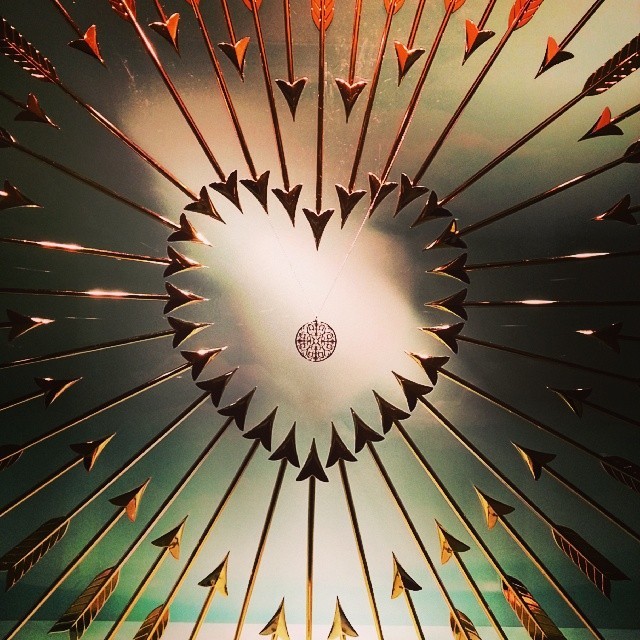Annie and I were fighting in that way you can fight with people you’ve known for awhile. She thought I was blissfully optimistic and, in expressing that, was disrespectful of people in difficult positions. I was also not good at being a friend at a distance. I thought she was being overly rash and weird. She was upset that I thought her that un-self aware. We dropped it when my dad went into surgery, and we didn’t bring it up when I offered to help pay for a medical visit when she collapsed recently. I thought it was anxiety. She refused to get treatment because her insurance wouldn’t kick in until today. Today. She disliked this country, for the same reasons she died in it. It doesn’t take care of its people.
She was the lynchpin of our sharebro group, bringing together these strange collections of people around long-form analysis and banter. And when Google Reader went away, she was the one who pushed to find a new space, and brought us back together again on The Old Reader. In all these deep conversations, Annie was still hard to know. Intensely private. Irate when images were captured without consent. Always interrogating the blasé assumptions of sharing, preferring it as an act of intentionality rather than of status quo.
I met Annie not too long after moving to Seattle, a long-time friend of some of the Bloomington Diaspora. She was this persistently present enigma in our shared social circle that I didn’t take the time to get to know more. She didn’t take on casual friends, and I have trouble interacting with people unless it’s on a project. We talked about ideas and society on Reader, but never really got to know about what was in our ribs, sticking to what was in our skulls. Annie was an intimidating intellectual sparring partner, steadfast in her outrage at The Patriarchy and Capitalism.

Some rant she went on about if games were useful for things other than play, and about gender, and about all sorts of other things sparked a “what would it take to fix this?” conversation. We met at Jigsaw, a block away from us both, for what we thought would be a few hours of talking. Instead we launced GameSave together. For 3 months, we shared a project. We lived across the alley from each other, and I would walk up the appallingly uneven steps to the back door of her building, she and Gretchen just back from their walk. She would make eggs and coffee, her apartment in the colors I now recognize as the Icelandic pallet. She conceded to playing my “fairy glitch” as opposed to her preferred metal, sitting for hours at a time on her awful futon. We talked through what was possible in disaster and humanitarian response, and what was people-dependent, and what large-scale logistics supported through crowds and gaming structure would look like. We took on a seemingly impossible project, and pulled it off. I was proud to live up to what she saw as possible.
And one night, tired of working, we binged on YachtRock and Aquavit, and actually opened up to each other. She was a person, and she was my friend, and she was utterly, utterly stubborn. I didn’t know her nearly as well as some of the other Seattle crew, but I knew her more than most, and that was an honor to hold.
I bought a plane ticket when Lindsay called. I didn’t know if I’d be taking a watching round at the hospital or holding people’s hands, having mine be held. It’s the latter.
So I’m sitting in the last Seattle coffee shop I saw her in, wondering what of our shared experiences are for my public tendencies, and what are to keep in my ribs, strangely territorial of the the grief I feel for this intensely private person. I hope to help make the world that wouldn’t have let her die for lack of money. I hope to not alienate the people unlike me by failing to include them in that language. I hope to live up to what she saw as possible.
Goddamnit, Annie.



Damnit Annie indeed. Well writ.
I’m only just now finding this post. You put to words some stuff that I wasn’t able to articulate. Thank you for that.
I miss her.
Pingback: What is Death in a Networked Age? | Grabber